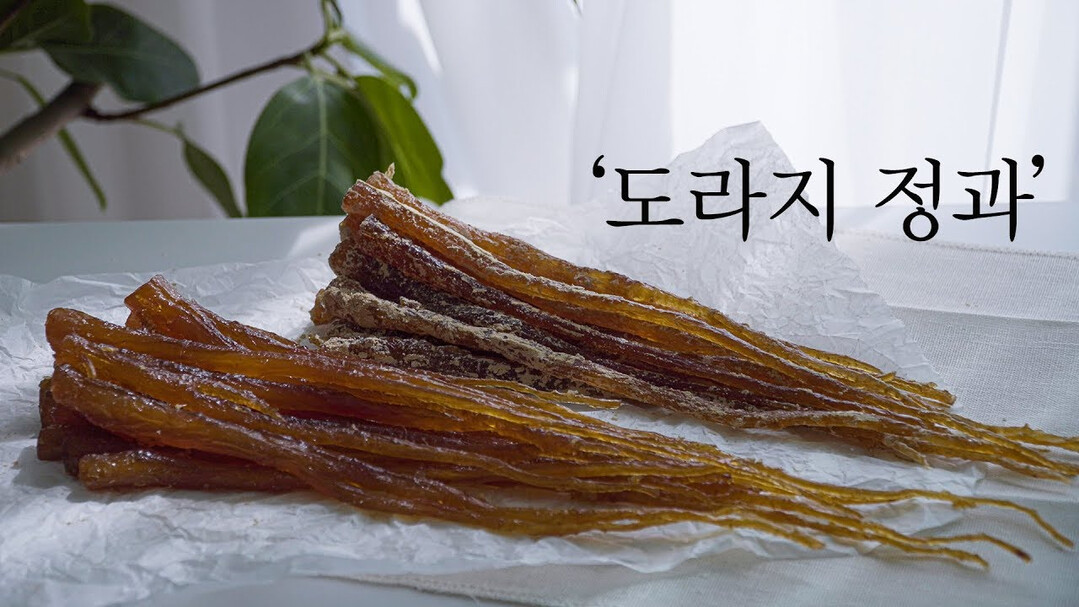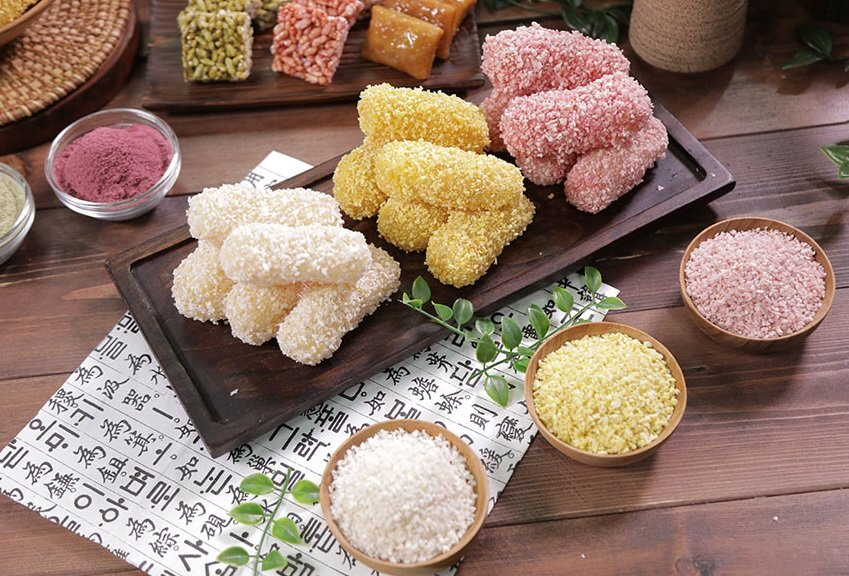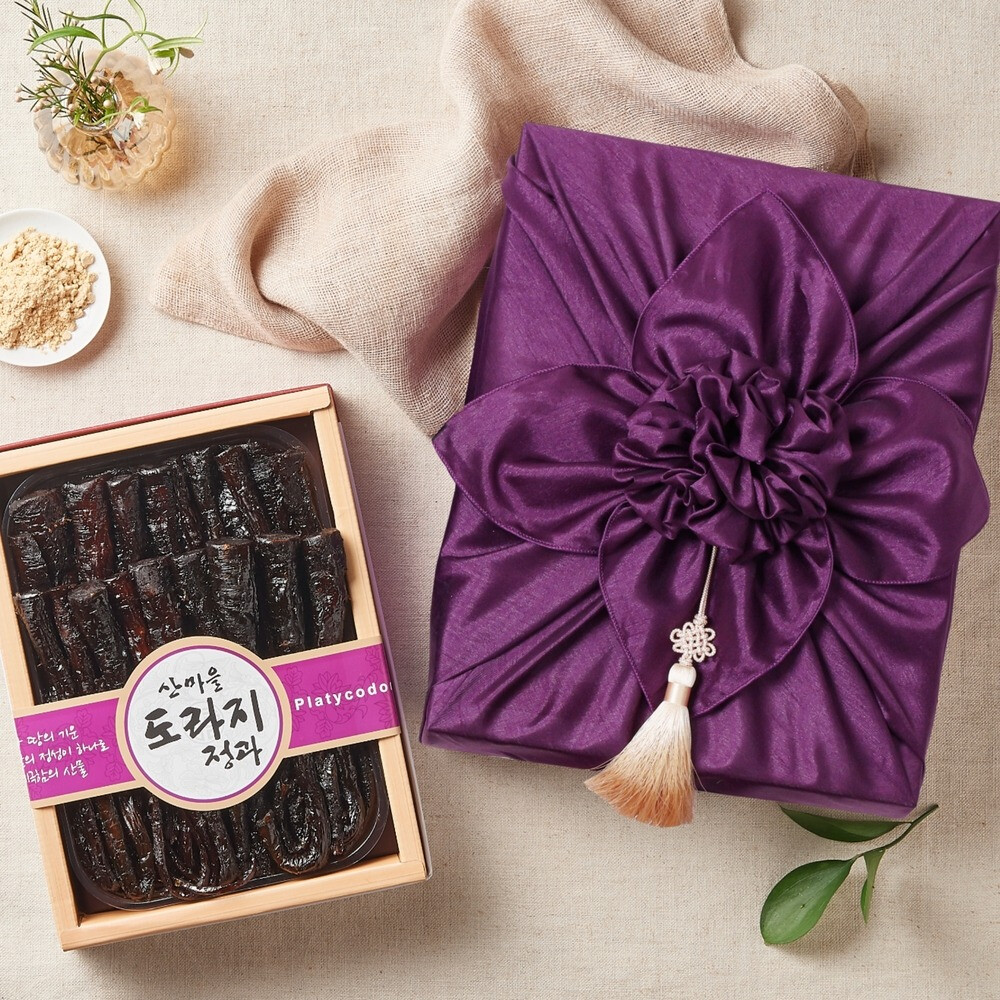
For centuries, the Korean peninsula has yielded a rich tapestry of traditional foods, each telling a story of the land and its people. Among the most exquisite are jeonggwa and hangwa, confections that transcend mere sustenance, embodying the delicate balance of flavors, textures, and artistic presentation. These sweets, often gracing the tables of honored guests and celebratory feasts, are not just culinary delights but significant threads in Korea's cultural heritage.
Jeonggwa: Capturing Nature's Essence in Sweetness
Jeonggwa (正果), translating to "right fruit" or "proper confection," is a testament to the Korean reverence for natural ingredients. This traditional treat is crafted by slowly simmering fruits, roots, or grains in sweeteners like honey, jocheong (rice syrup), or sugar. The hallmark of jeonggwa lies in its ability to preserve the inherent flavors and aromas of its core components. Seasonal ingredients such as chestnuts, jujubes, ginger, lotus root, citron, and even ginseng are transformed through this meticulous process, each yielding a unique taste and chewy texture.
The creation of jeonggwa is a labor of patience and precision. Prime ingredients are carefully selected, prepared (peeled, seeded, or cut), and then immersed in a simmering syrup. This slow infusion allows the natural moisture to dissipate and the sweet essence to penetrate deeply. The careful control of heat and time is paramount, demanding skill and attention to detail based on the ingredient. Finally, the simmered pieces are dried under sunlight or warm air, developing a signature chewy exterior and a moist interior, while also extending their preservation. Historically, during the Joseon era when sugar was scarce, honey was the primary sweetener, elevating jeonggwa to a prized delicacy often served to esteemed visitors and considered a healthy snack.

Hangwa: A Symphony of Crispness and Flavor
Hangwa (韓菓), broadly defined as "Korean confectionery," encompasses a diverse range of traditional sweets made from grain flours or nuts, combined with sweeteners and either deep-fried or steamed. While the term includes varieties like yakgwa (honey cookie) and dasik (pressed sweets), yugwa (fried glutinous rice crackers) is often considered the quintessential hangwa. The allure of hangwa lies in its harmonious blend of crispy or soft textures with nutty and sweet flavors, often enhanced by a variety of coatings.
The making of yugwa, a representative hangwa, begins with finely ground glutinous rice flour that is kneaded with makgeolli or water and fermented. The dough is then thinly rolled, cut into various shapes, and swiftly deep-fried, causing it to puff up into a crisp delight. These airy pieces are then coated in a syrup of honey or jocheong for sweetness and finally adorned with gomul – toppings like puffed rice, sesame seeds, or ground nuts – which contribute to the taste, aroma, and visual appeal. The history of hangwa traces back to the Three Kingdoms period, where these confections were enjoyed by royalty during festivities. Their prominence grew during the Buddhist dynasties of Unified Silla and Goryeo, as vegetarian diets increased the consumption of grain-based sweets, which became staples at royal banquets and ceremonies. Restrictions on deep-fried hangwa arose in later periods, reserving them mainly for important rites and celebrations.

Distinct Yet Complementary: The Essence of Jeonggwa and Hangwa
While both jeonggwa and hangwa share the use of natural sweeteners, their fundamental differences lie in their ingredients, preparation methods, and resulting textures and flavors. Jeonggwa celebrates the inherent qualities of fruits and roots through slow simmering and drying, yielding a chewy, moist texture and a deep, often subtle sweetness. In contrast, hangwa utilizes grain flours and nuts, employing deep-frying or steaming to achieve crispy or soft textures, often with a more direct sweetness and the added dimension of flavorful toppings. Culturally, jeonggwa often holds a place of elegance, meticulously presented for formal occasions, while hangwa enjoys broader appeal as snacks and gifts, showcasing vibrant colors and diverse shapes.
In conclusion, jeonggwa and hangwa stand as vital pillars of Korean traditional confectionery, each with its unique charm and historical significance. Jeonggwa embodies the patient transformation of nature's bounty into sweet delicacies, while hangwa offers a delightful interplay of textures and flavors rooted in grains and artistry. These enduring sweets not only enrich the Korean culinary landscape but also serve as tangible links to a rich cultural past, deserving of continued appreciation and preservation for generations to come.
[Copyright (c) Global Economic Times. All Rights Reserved.]






























